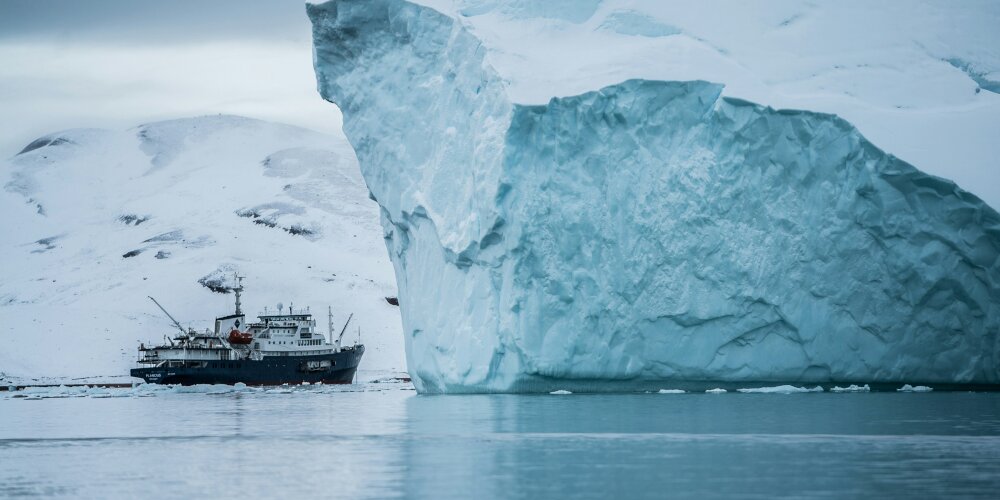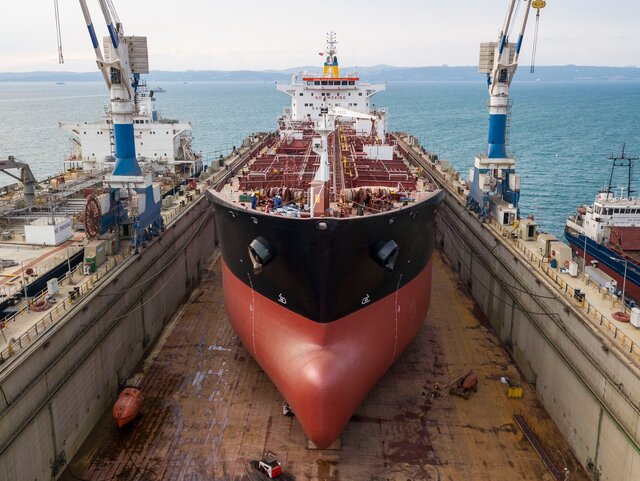NGOs Urge IMO to Ban Heavy Fuel Oil and Curb Black Carbon in Arctic Shipping

Environmental groups Pacific Environment and the Clean Arctic Alliance have called on the International Maritime Organisation (IMO) to eliminate exemptions permitting heavy fuel oil (HFO) use and to mandate a switch to low-soot marine distillates in Arctic waters above the 66th parallel.
Their appeal comes amid a doubling of ship traffic in the region over the past decade and growing evidence that black carbon emissions accelerate sea-ice melt.
Under the IMO Polar Code, HFO use was banned in certain Arctic zones from 2024, but vessels may continue burning residual fuels until 2029, and key areas including parts of the North Atlantic and the Barents Sea remain exempt.
The NGOs characterise these provisions as a loophole that undermines efforts to limit soot deposits on ice surfaces, which absorb solar heat and intensify melting.
“Despite technical assessments and calls for voluntary measures at the IMO, black carbon emissions from Arctic shipping continue to grow unchecked. Without mandatory requirements, markets lack the certainty needed to shift fleet operations toward lower black carbon options,” said Arctic policy director at Pacific Environment, Kay Brown.
Analysis of regional shipping patterns shows that black carbon from vessel exhaust contributes to measurable reductions in ice albedo, further opening navigation routes but threatening fragile ecosystems.
A mandatory fuel-switch requirement, similar to the sulphur cap in European Emission Control Areas, would compel ships to burn cleaner “polar” distillate fuels, significantly lowering particulate emissions.
Enforcing such a ban would raise operating costs for some coastal fleets. Fishing vessels and cruise ships servicing northern Norway, Greenland and Svalbard, as well as small ports in Alaska and Canada, rely on lower-cost residual fuels.
The Russian-operated Northern Sea Route (NSR), which Moscow is developing for year-round transit via new icebreaker tonnage and shrinking ice cover, would also face higher bunkering prices.
“Because marine distillates are generally more expensive than the heavier HFO, VLSFO and ULSFO residual fuels, requiring the use of marine distillates could increase operational costs for shipping companies operating in the Arctic. Increased costs may lead to higher freight rates, which could affect the pricing of goods transported to and from Arctic regions,” said the NGOs.
The NGOs note that without a firm deadline, voluntary measures at the IMO have failed to stem rising black carbon emissions, leaving policymakers ill-equipped to protect both polar environments and indigenous livelihoods.
Pending adoption of the IMO’s Net-Zero Framework in October 2025, the environmental groups recommend the EU and other flag states align regional regulations with the Polar Code, removing overlapping ETS and FuelEU Maritime rules that duplicate carbon controls.
They also call for clarity on penalties and incentives within the Net-Zero Fund to reward zero-soot technologies.
As more vessels seek Arctic passage, the debate over fuel standards is set to intensify. Closing the HFO exemption and mandating marine distillates would represent a decisive step towards limiting the climate impact of burgeoning northern shipping lanes.
Fuel and fuel cargoes expertise at Brookes Bell
Whether you need to resolve a dispute over fuel quality, or you need support prior to, during, or after the transportation of fuel cargoes, Brookes Bell’s team of experienced experts can help.
We recognise that fuel cargo and fuel disputes can be complex and require the input and expertise of multiple experts from different disciplines. That’s why we have a multidisciplinary team of experts based at strategic maritime hubs across the world.
To learn more about our services, contact our team today.
Learn more about Brookes Bell’s fuel and fuel cargoes services today
For more maritime industry insights, news and information, read the Brookes Bell News and Knowledge Hub…
MAN to Deliver World’s Largest Methanol Engine | IMO Agrees Major Revision of Safety Code for Nuclear-Powered Ships | LNG Canada Produces First Liquefied Natural Gas for Export
- Author
- Anthony York
- Date
- 11/09/2025

